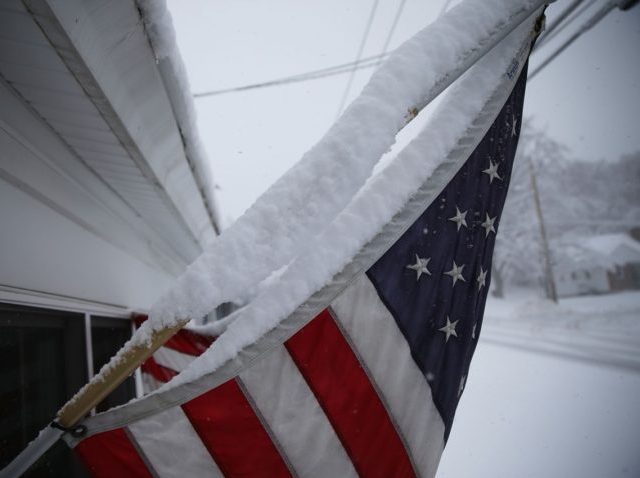Inflation expectations fell to a 50 year low in February, according to the University of Michigan’s Survey of Consumers.
Overall consumer sentiment bounced back in February following the end of the Federal shutdown, although the rebound was smaller than economists anticipated. The survey produced a reading of 93.8 for final February, up 2.6 points from January. The survey’s mid-month look had the index up even further, to 95.5.
Economists had forecast even further improvement, to 95.7.
But it is the decline in inflation expectations that is attracting the most attention. The year-ahead outlook for prices fell 1 tenth to 2.6 percent and the 5-year forecast dropped 3 tenths to 2.3 percent.
“The most important finding from the February survey was the decline in long-term inflation expectations to a 50-year low,” said economist Richard Curtin, director of the survey.
Inflation fell short of the Federal Reserve’s two percent target in 2018 for a seventh consecutive year. The Fed has acknowledged that it likely needs to do more to restore the credibility of its target, including allowing inflation to run above the target for some time.
The Fed in January pivoted from a policy of gradually raising rates to one of patience. That triggered a massive stock market rally but it has had a mixed effect on consumers.
“Consumers continued to react to the Fed’s pause in raising interest rates, balancing the favorable impact on borrowing costs against the negative message that the economy at present could not withstand another rate hike,” Curtin said.
According to Curtin, the result of this mixed view of the Fed’s move was a slightly more favorable current buying plans for homes and vehicles as well as somewhat less favorable prospects for the national economy.
Despite the lower than expected sentiment reading, the index is still quite high by historical measures. And the data indicate that personal consumption expenditures will grow by 2.6 percent in 2019, unchanged from the level recorded in 2018, according to Curtin.

COMMENTS
Please let us know if you're having issues with commenting.